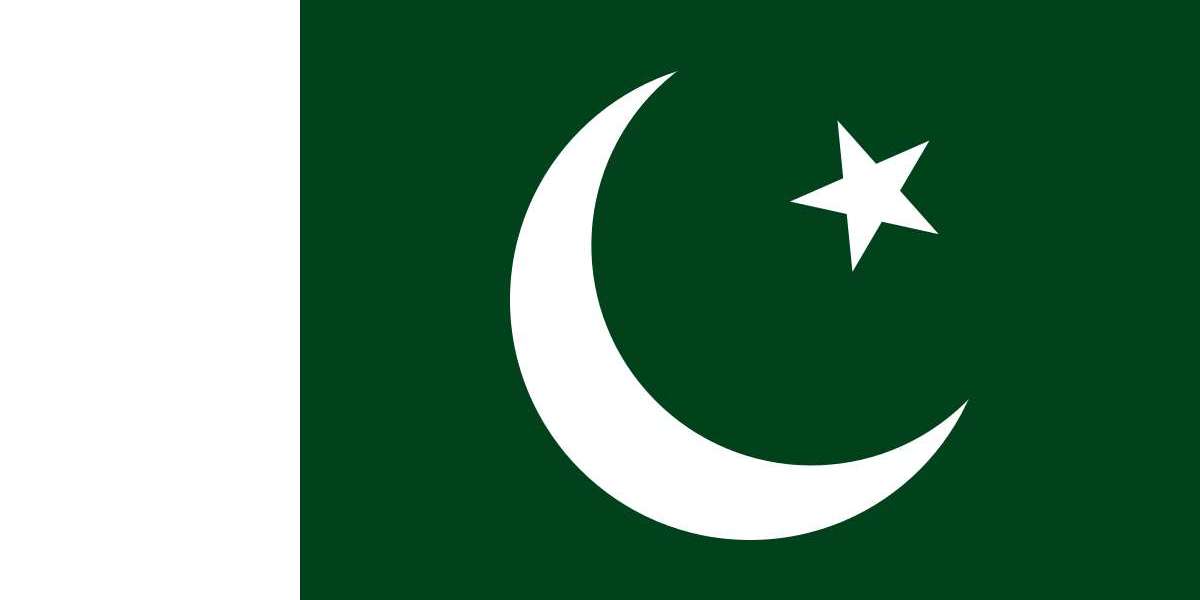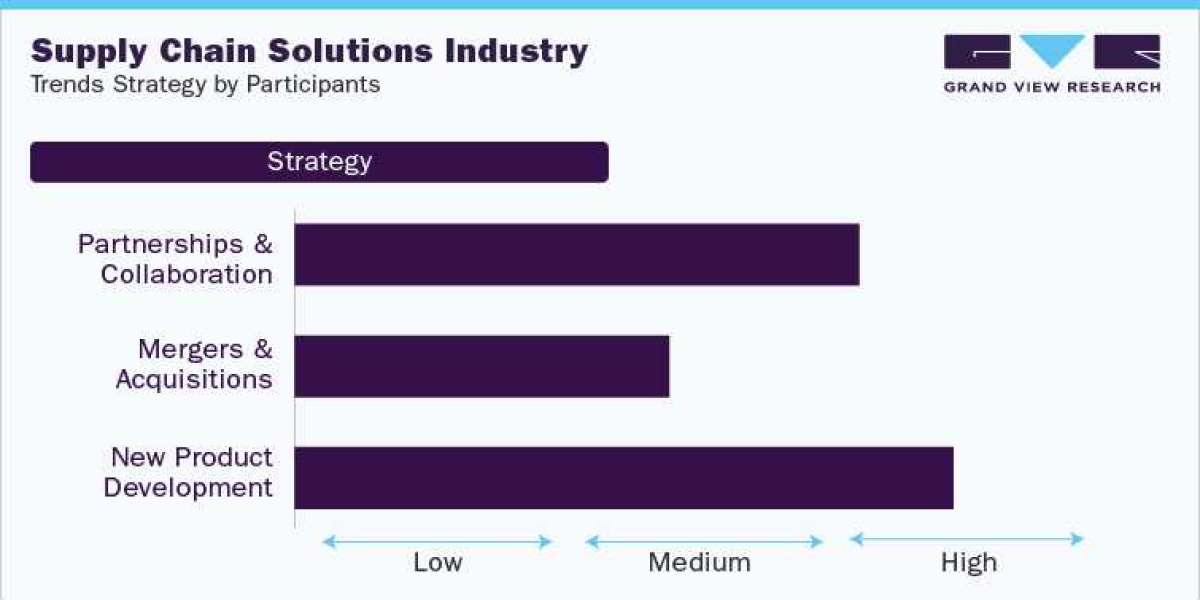Pakistan, officially the Islamic Republic of Pakistan, is a country located in South Asia. It is bordered by India to the east, Afghanistan and Iran to the west, and China to the north. The Arabian Sea lies to the south. With a rich cultural heritage, diverse landscapes, and a complex political history, Pakistan is a nation of significant geopolitical importance.
Historical Background
Ancient Civilizations
Pakistan's history dates back to ancient times, with the Indus Valley Civilization being one of the earliest urban cultures in the region. This civilization, which flourished around 2500 BCE, was known for its advanced city planning, architecture, and social organization. The arrival of Islam in the 7th century CE brought significant cultural and religious changes to the region. The Mughal Empire, which ruled from the early 16th to the mid-18th century, left a lasting impact on the cultural and architectural landscape of Pakistan. The Mughals built magnificent monuments, including the Badshahi Mosque and Lahore Fort.
British Colonial Rule
The British East India Company began its rule in the mid-18th century, leading to a period of British colonialism that lasted until 1947. During this time, Pakistan was part of British India, and the struggle for independence saw significant contributions from leaders like Muhammad Ali Jinnah. The movement for a separate Muslim state gained momentum in the early 20th century, led by the All-India Muslim League and its leader, Muhammad Ali Jinnah. The demand for Pakistan was based on the Two-Nation Theory, which argued that Muslims and Hindus were distinct nations, each deserving its own homeland.
Partition and Independence
On August 14, 1947, Pakistan gained independence from British rule, resulting in the partition of India. This event led to large-scale migrations, communal violence, and significant challenges for the newly formed state. Pakistan is a land of diverse landscapes, ranging from the towering peaks of the Himalayas and Karakoram in the north to the arid deserts of Sindh and Balochistan in the south. The fertile plains of Punjab and the rugged terrain of Khyber Pakhtunkhwa add to the country's geographical diversity.
Climate
The climate of Pakistan varies greatly due to its diverse topography. The northern regions experience harsh winters with heavy snowfall, while the southern parts have a hot desert climate. The monsoon season brings significant rainfall to the eastern regions during the summer months. Pakistan is a multilingual country with over 70 languages spoken across its regions. Urdu is the national language, while English is widely used for official and business purposes. Regional languages like Punjabi, Sindhi, Pashto, and Balochi are also commonly spoken.
Religion
Islam is the predominant religion in Pakistan, with the majority of the population adhering to Sunni Islam. There are also significant communities of Shia Muslims, Christians, Hindus, and other religious minorities. Pakistani culture is rich in festivals and traditions. Eid-ul-Fitr and Eid-ul-Adha are the most important religious festivals, celebrated with great enthusiasm. Other cultural festivals include Basant, a spring festival, and the annual Urs festivals at the shrines of Sufi saints.
Economy and Development
Agriculture
Agriculture is a vital sector of Pakistan's economy, employing a significant portion of the population. The country is a major producer of crops like wheat, rice, cotton, and sugarcane. Livestock farming and fisheries also contribute to the agricultural sector. Pakistan's industrial sector includes textiles, cement, steel, and automotive manufacturing. The textile industry, in particular, is a major export earner for the country.
Services
The services sector, including banking, telecommunications, and information technology, has seen substantial growth in recent years. Remittances from overseas Pakistanis also play a crucial role in the country's economy. Pakistan has faced political instability since its inception, with periods of military rule and democratic governance. Political challenges continue to affect the country's development and stability.
Economic Issues
Economic challenges such as poverty, inflation, and unemployment persist. However, there are opportunities for growth through infrastructure development, foreign investment, and economic reforms. Social issues like education, healthcare, and gender inequality remain significant challenges. Efforts are being made to improve these sectors through government initiatives and non-governmental organizations.
Conclusion
Pakistan is a country of immense potential, with a rich cultural heritage, diverse landscapes, and a strategic geopolitical location. Despite facing numerous challenges, the resilience and spirit of its people continue to drive the nation forward. As Pakistan navigates its path towards development and stability, it remains a land of opportunities and promise.












